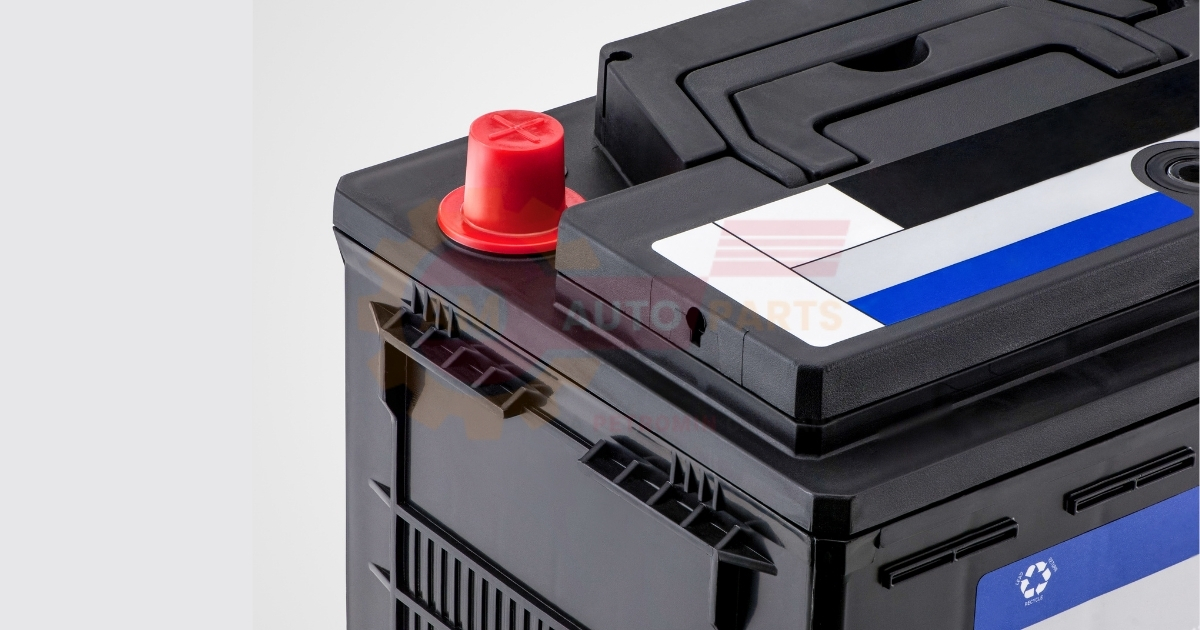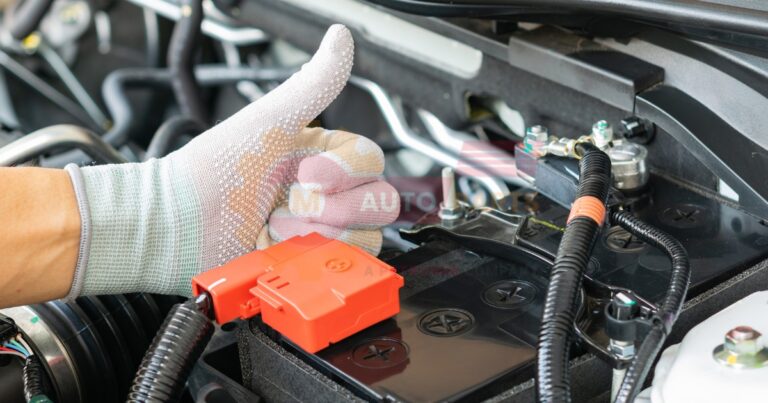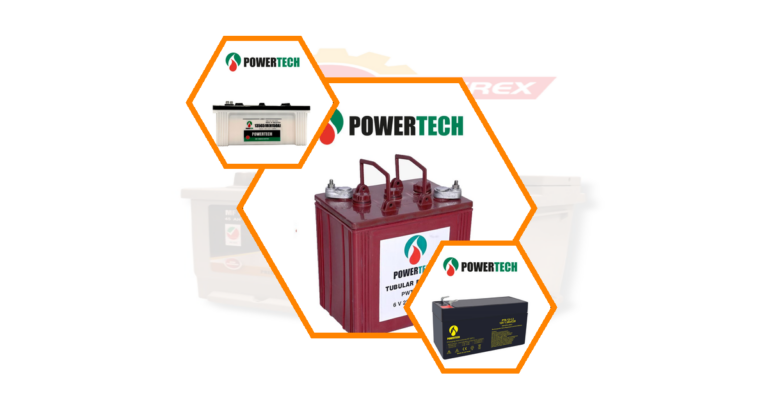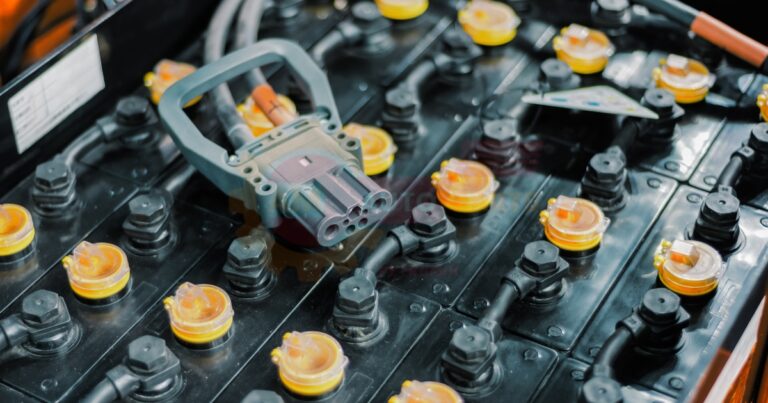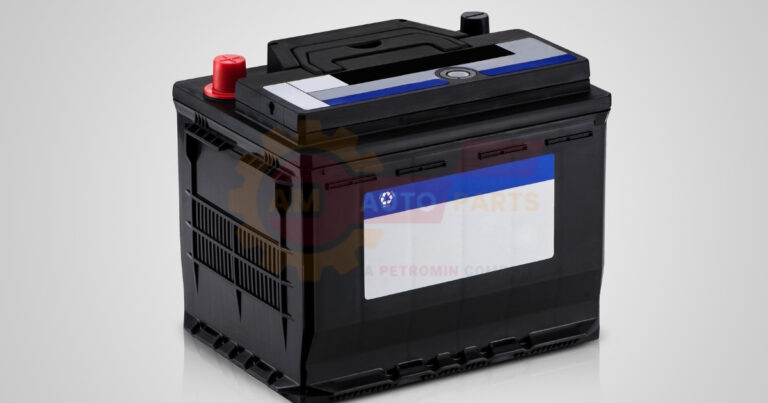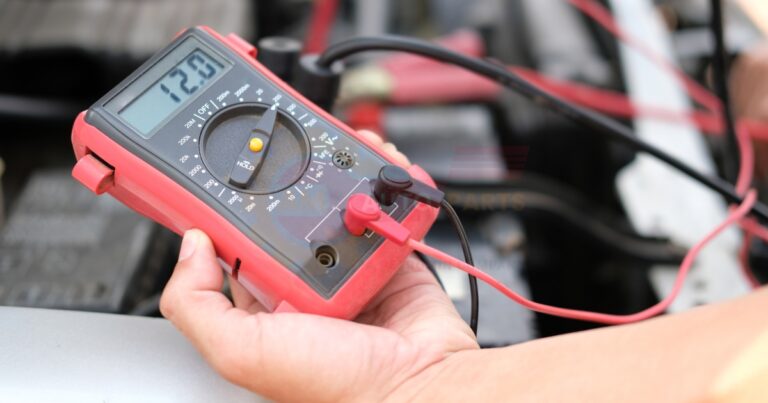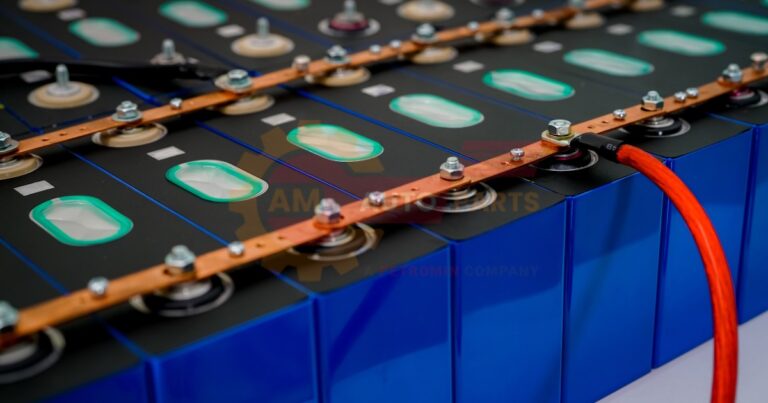What to Clean Car Battery With Essential Materials
When it comes to maintaining your car’s battery, knowing what materials to use for cleaning is crucial. AM Autoparts recommends having the following items on hand:
- Baking soda
- Water
- Protective gloves
- Safety goggles
- Wire brush or battery terminal cleaner
- Clean cloth or paper towels
- Wrench or pliers
- Battery terminal protector spray
These materials are essential for effectively cleaning your car battery and ensuring its longevity. By using the right tools and solutions, you can prevent corrosion and maintain optimal battery performance.
| Material | Purpose |
| Baking soda | Neutralizes acid and removes corrosion |
| Water | Dilutes baking soda and rinses battery |
| Protective gloves | Safeguards hands from corrosive materials |
| Safety goggles | Protects eyes from splashes and debris |
| Wire brush | Scrubs away corrosion and buildup |
| Clean cloth | Wipes and dries battery surfaces |
| Wrench or pliers | Disconnects battery terminals |
| Terminal protector spray | Prevents future corrosion |
Understanding Car Battery Corrosion
Car battery corrosion is a common issue that can significantly impact your vehicle’s performance. It’s essential to recognize the signs of corrosion and understand its causes to maintain your battery effectively.
Signs of Battery Terminal Corrosion
Identifying battery terminal corrosion early can help prevent more serious issues. Look out for:
- White, green, or blue powdery substance around terminals
- Visible rust or discoloration on battery connections
- Difficulty starting the vehicle
- Dimming headlights or electrical issues
These signs indicate that your battery terminals may be corroded and require cleaning. Regular inspections can help catch corrosion before it becomes severe.
Causes of Battery Corrosion
Understanding the root causes of battery corrosion can help you prevent it in the future. Common causes include:
- Hydrogen gas release from the battery
- Electrolyte leakage
- Overcharging or undercharging
- Extreme temperatures
- Age of the battery
By addressing these factors, you can reduce the likelihood of corrosion and extend your battery’s lifespan.
Preparing for Battery Cleaning
Before you begin cleaning your car battery , it’s crucial to take proper safety precautions and gather all necessary tools. This preparation ensures a safe and effective cleaning process.
Safety Precautions
Safety should always be your top priority when working with car batteries. Follow these precautions:
- Wear protective gloves and safety goggles
- Work in a well-ventilated area
- Avoid smoking or open flames near the battery
- Remove metal jewelry to prevent accidental shorts
- Have baking soda on hand to neutralize any acid spills
By adhering to these safety measures, you can protect yourself from potential harm while cleaning your car battery.
Gathering Necessary Tools
Ensure you have all the required tools before starting the cleaning process:
- Wrench or pliers for disconnecting terminals
- Wire brush or battery terminal cleaner
- Baking soda and water solution
- Clean cloths or paper towels
- Battery terminal protector spray
Having these tools readily available will make the cleaning process smoother and more efficient.
Step-by-Step Guide to Clean Battery Terminals
Cleaning your car battery terminals is a straightforward process when you follow these steps recommended by All Makes Autoparts:
Disconnecting the Battery
- Locate the negative terminal (usually marked with a “-” sign)
- Use a wrench to loosen the nut on the negative terminal
- Remove the cable from the negative terminal
- Repeat the process for the positive terminal (marked with a “+” sign)
Always disconnect the negative terminal first to prevent short circuits.
Inspecting Battery and Cables
After disconnecting:
- Check for cracks or damage on the battery case
- Examine cables for fraying or wear
- Look for signs of excessive corrosion on terminals and cable ends
If you notice any significant damage, consult a professional mechanic.
Mixing Cleaning Solution
Prepare a cleaning solution using:
- 1 tablespoon of baking soda
- 1 cup of warm water
Mix thoroughly until the baking soda dissolves completely.
Scrubbing Corrosion
- Dip the wire brush in the baking soda solution
- Scrub the battery terminals and cable ends vigorously
- Pay extra attention to areas with visible corrosion
- Continue scrubbing until all corrosion is removed
For stubborn corrosion, you may need to apply more baking soda directly to the affected areas.
Rinsing and Drying
- Rinse the cleaned areas with clean water
- Use a clean cloth or paper towel to dry the terminals and cable ends thoroughly
- Ensure no moisture remains before reconnecting the battery
Proper drying prevents new corrosion from forming immediately after cleaning.
Effective Cleaning Solutions for Car Batteries
While baking soda is a popular choice, there are other effective solutions for cleaning car batteries:
Baking Soda and Water Mixture
This is the most common and cost-effective solution:
- Mix 1 tablespoon of baking soda with 1 cup of warm water
- Stir until fully dissolved
- Apply with a brush or cloth
Baking soda neutralizes battery acid and effectively removes corrosion.
Commercial Battery Cleaners
Specialized products designed for battery cleaning:
- Battery terminal cleaner sprays
- Foam cleaners
- Gel-based cleaners
These products often come with added corrosion inhibitors for long-lasting protection.
Alternatives to Baking Soda
If baking soda isn’t available, consider these alternatives:
- Cola (due to its carbonic and phosphoric acid content)
- Vinegar (diluted with water)
- Lemon juice (mixed with water)
While effective, these alternatives may not be as gentle as baking soda, so use them cautiously.
| Cleaning Solution | Pros | Cons |
| Baking Soda | Cheap, effective, safe | Requires mixing |
| Commercial Cleaners | Convenient, long-lasting | More expensive |
| Cola | Readily available | Can be messy |
| Vinegar | Household item, effective | Strong odor |
| Lemon Juice | Natural, mild | May not be as effective |
Preventing Future Battery Corrosion
After cleaning your car battery, taking steps to prevent future corrosion is essential for maintaining its performance and longevity.
Applying Protective Coatings
To shield your battery terminals from corrosion:
- Apply a thin layer of petroleum jelly to the terminals and cable ends
- Use a battery terminal protector spray for more durable protection
- Consider installing felt washers designed to absorb corrosive gases
These protective measures create a barrier against moisture and corrosive elements.
Regular Maintenance Tips
Incorporate these practices into your vehicle maintenance routine:
- Inspect battery terminals monthly for signs of corrosion
- Keep the battery and surrounding area clean and dry
- Ensure the battery is securely fastened to prevent vibration
- Check and maintain proper electrolyte levels in non-sealed batteries
- Avoid overcharging by using a smart charger when needed
Regular maintenance can significantly extend your battery’s lifespan and prevent unexpected failures.
When to Replace Your Car Battery
While proper cleaning and maintenance can extend your battery’s life, eventually, replacement becomes necessary. Knowing when to replace your battery can prevent unexpected breakdowns.
Signs of a Failing Battery
Watch for these indicators that your battery may need replacement:
- Slow engine crank when starting
- Swelling or bloating of the battery case
- Rotten egg smell from the battery
- Battery age exceeding 3-5 years
- Frequent need for jump-starts
If you notice these signs, it’s time to consider a battery replacement.
Battery Lifespan Factors
Several factors influence how long your car battery will last:
- Climate (extreme temperatures reduce lifespan)
- Driving habits (short trips can prevent full charging)
- Vehicle electrical demands
- Battery quality and maintenance
Understanding these factors can help you anticipate when replacement might be necessary.
Professional Battery Cleaning Services
While DIY cleaning is often sufficient, sometimes professional services are necessary:
- Dealership service centers
- Auto parts stores with battery services
- Specialized battery shops
Professional services can provide thorough cleaning, testing, and expert advice on battery maintenance.
Benefits of professional cleaning:
- Advanced diagnostic tools
- Proper disposal of corrosive materials
- Expert assessment of battery condition
- Warranty-safe servicing for newer vehicles
Consider professional services if you’re uncomfortable with DIY methods or if your battery shows signs of severe corrosion or damage. Battery replacement threshold is the point when a device’s battery becomes too weak and needs to be changed It helps users know when it’s time to get a new battery for their gadget Battery voltage range The
